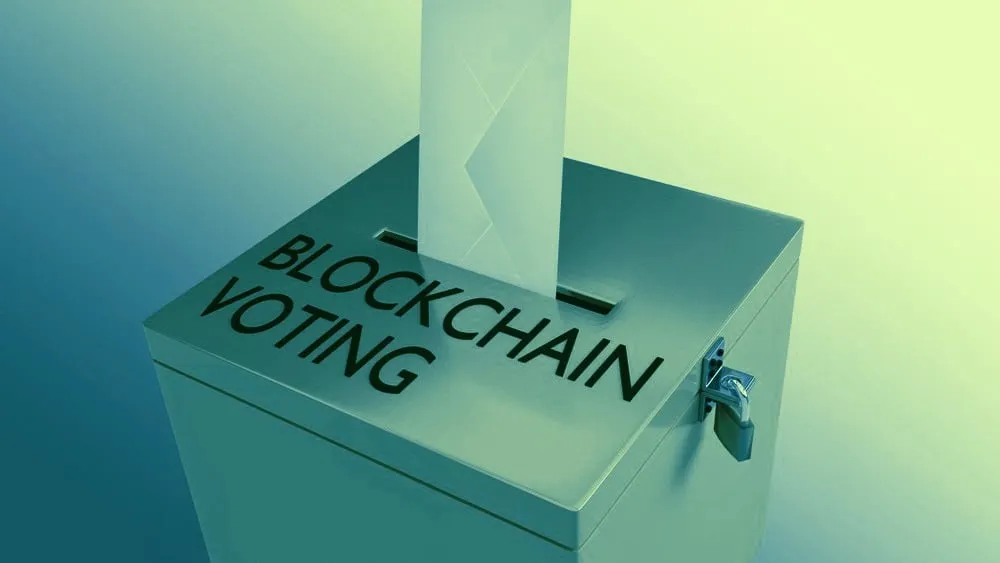In Brief
- Seoul’s blockchain-based voting system finally launches March 1.
- The referendum system provides a way for citizens to suggest issues for the city government to take up.
- The blockchain system fixes voter fraud, which plagues a similar, national online referendum system.
Seoul’s government plans to launch its highly anticipated “blockchain petition system”on March 1. The system will allow residents of the capital city to propose suggestions to the government about potential changes to existing policies, or to surface new issues.
Blockchain technology will mainly be used to verify the identity of every person on the network, to prevent duplicate votes.
Seoul’s new initiative, called Democracy Seoul, is in line with the central government’s vision of establishing a more open and platform for discussions between the government and the general public. Since October, 2018, the city has been embracing all things blockchain—including a distributed-ledger system for used-car sales people—as part of a $109 million blockchain masterplan. Seoul is using a proprietary blockchain.
South Korea’s legacy petition system
For years, South Korea has allowed its citizens to submit any petition on the official website of the Blue House, the office of the country’s President. When a petition reaches 200,000 votes nationwide, the government is required to address it publicly.
The blockchain platform developed by the government of Seoul would operate similarly to the Blue House’s petition system, but is exclusive to residents in the city.
If a proposal made on the blockchain platform reaches 1,000 votes from residents, Seoul’s Mayor Park Won-soon will respond to it.
Eliminating double voting
Democracy Seoul addresses one of the major criticisms of the national petition system, which has been plagued by double voting and fake identities. The system forces the government to respond if any petition gets at least 200,000 votes within 30 days.
However, as Kookmin University journalism professor Son Young-joon has pointed out, even someone with little understanding of technology can fraudulently vote—as much as four times— simply by using different usernames and Internet service providers.
A blockchain-based system that authenticates voters is expected to fix that. “A citizen-led process of creating practical policies goes in line with the vision of Seoul city that every resident is the Mayor,” said Democracy Seoul chairperson Oh Gwan-young said. “Seoul will continue to increase the cooperation of residents in shaping local policies through the platform."

